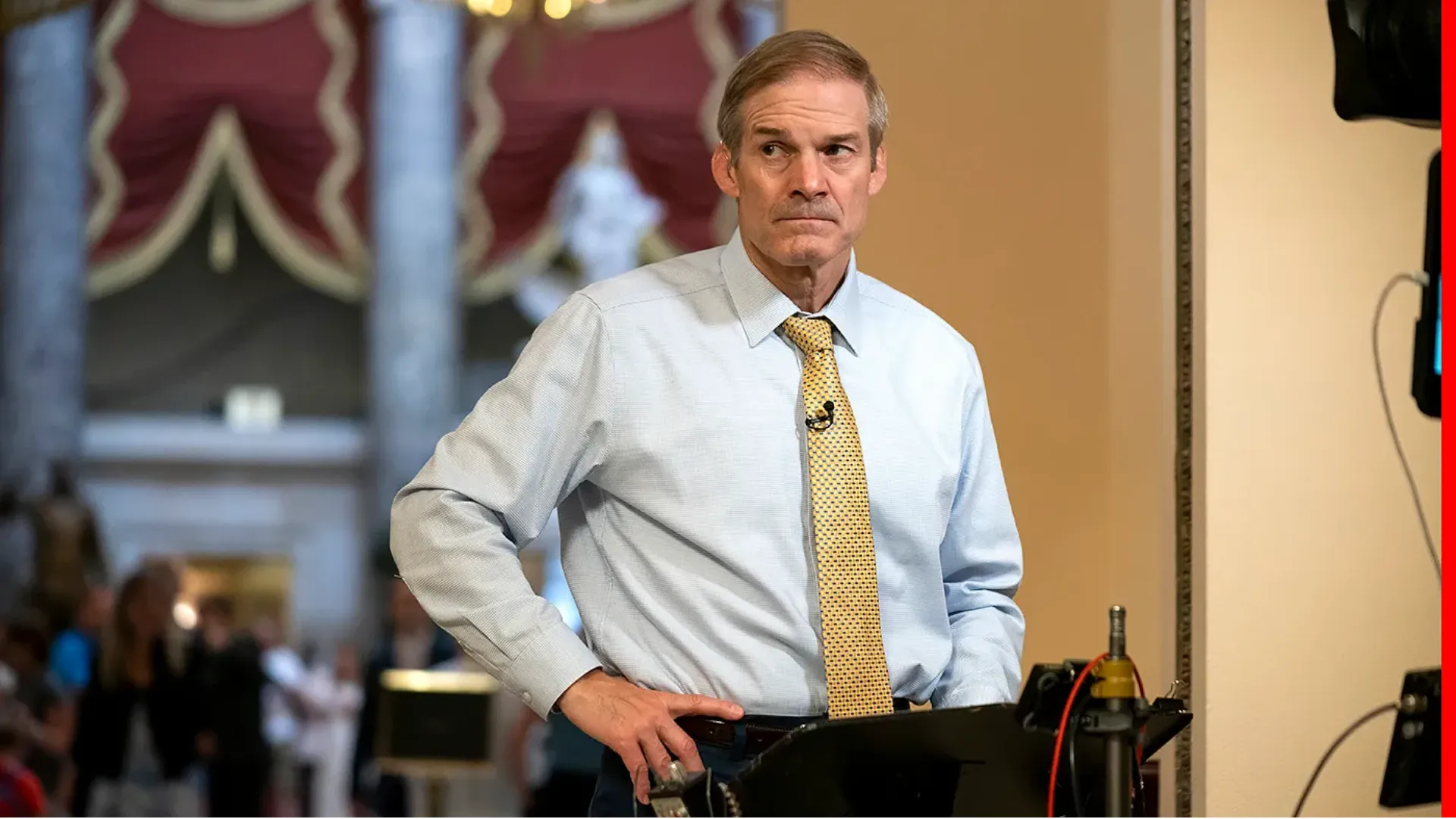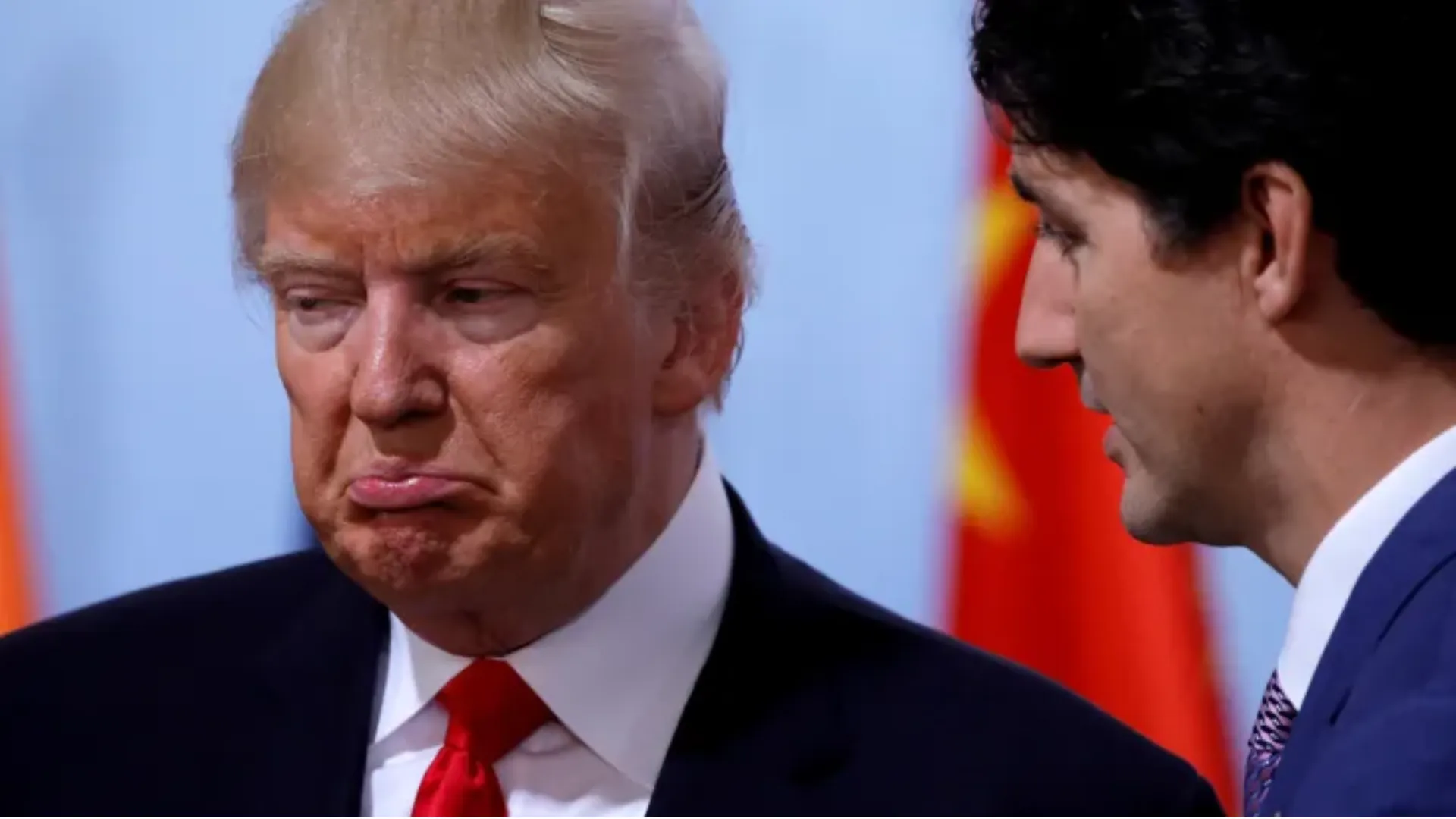
As President Donald Trump’s trade war with China continues to escalate, Rep. Jasmine Crockett (D-Texas) has raised urgent concerns about the president’s mental fitness and his ability to serve effectively.
Speaking during a Thursday appearance on MSNBC’s All In with Chris Hayes, Crockett questioned why the American public and political leadership weren’t seriously examining Trump’s mental acuity in light of the damage caused by his unpredictable and erratic tariff policies.
“This crazy tariff war … like, the fact that nobody is questioning his mental acuity or fitness to serve is beyond wild to me,” Crockett said. “I don’t know how we’re even having a conversation about it.”
Her comments come amidst rising concerns from both political figures and business leaders about the long-term economic impact of the U.S.-China trade war, which has included significant tariffs on imported goods, retaliation from China, and widespread uncertainty in global markets.
Crockett’s remarks reflect the growing frustration among progressives who view Trump’s actions as part of a larger pattern of unpredictability and incompetence during his time in office.
Trump’s trade war with China has been one of the most controversial aspects of his presidency. Initially aimed at punishing China for what the administration viewed as unfair trade practices, the tariffs have impacted American businesses and consumers, creating widespread disruptions in industries ranging from electronics and agriculture to automotive and manufacturing.
The escalation of the tariff war has triggered volatility in the stock market, with investors concerned about the long-term effects of the trade dispute. Companies that rely on imported goods have seen costs rise sharply, while consumers are faced with higher prices on products such as electronics, clothing, and food.

Despite the increasing economic fallout, Trump has maintained his position on the tariffs, insisting that they are necessary to reclaim fair trade with China. However, critics have pointed out that these policies are causing more harm than good, particularly for working-class Americans who bear the brunt of rising costs.
In her remarks on MSNBC, Rep. Crockett underscored the absurdity of the situation, pointing to the far-reaching consequences of the tariffs, which have led to everything from disrupted supply chains to skyrocketing consumer prices.
For many, these economic challenges are compounded by the uncertainty surrounding Trump’s approach — a combination of erratic decisions, unpredictable policy shifts, and inconsistent messaging.
Rep. Crockett’s comments, which question why mental acuity hasn’t become a more central issue in political discourse, tap into a growing concern that Trump’s leadership style has been too chaotic and unmoored from reality.
“It’s beyond wild to me that this hasn’t been a more significant conversation,” Crockett remarked, challenging both Democrats and Republicans to confront the growing political instability that seems to follow Trump’s every move.
Her critique goes beyond just the tariffs, however. It touches on a broader pattern of behavior from Trump that seems increasingly erratic, especially when it comes to major policy decisions.
Crockett’s concerns about Trump’s fitness for office reflect a growing sentiment in the Democratic Party that the president’s instability could pose a serious risk to the country’s well-being, particularly when his policy decisions affect global markets and the livelihoods of everyday Americans.
While Trump’s health and mental fitness were frequent targets of attack during the 2020 election — especially from those who criticized his behavior and public appearances — questions about his cognitive function have intensified in recent months as his actions on the world stage have become increasingly unpredictable.

Rep. Crockett’s comments also shine a light on the political hypocrisy surrounding the debate over mental fitness. For years, conservatives and Trump supporters have derided President Joe Biden’s age and mental acuity, often referring to him as “Sleepy Joe” in an attempt to undermine his credibility.
In her remarks, Crockett flipped the script, questioning why Biden’s mental fitness was so often scrutinized while Trump’s obvious flaws went largely unchecked: “Like, the fact that they sat around, called Joe Biden ‘Sleepy Joe Biden’ … at least you could sleep at night because you didn’t have to worry about your 401(k) disappearing overnight,” Crockett said.
“You didn’t have to worry about these allegations of fake invasions. You didn’t have to worry about the cost of food just skyrocketing or skyrocketing costs of all of your electronics.”
Her words capture the growing disillusionment many feel about the double standards in political discourse. While Biden’s age has been used as a political weapon by Trump and his allies, the president’s own erratic behavior and unpredictable policy shifts have largely escaped similar scrutiny.
Crockett’s comment highlights the irony that, while Biden has faced consistent attacks on his mental sharpness, Trump has largely been allowed to escape accountability for his own apparent lapses in judgment — particularly as his policies seem to cause harm to the American people and the economy.
The economic impact of Trump’s tariff war cannot be overstated. Studies have shown that tariffs generally harm the economy by raising the cost of imported goods and disrupting trade relationships.
According to economic models, the 10% tariffs Trump imposed on a variety of Chinese goods resulted in higher prices for American consumers and reduced sales for U.S. businesses that rely on Chinese imports.
For smaller businesses and working-class Americans, the effects have been especially harsh. Beekeepers, farmers, and small manufacturers have reported rising costs and shrinking margins, with many now unable to absorb the financial pressure caused by the trade war.

Meanwhile, large corporations have been better equipped to handle the shock, often passing costs onto consumers while maintaining profits.
The toll on the economy has been compounded by uncertainty. As Trump’s trade policies are often changed on a whim or reversed within days, businesses have been left in the dark, unsure of what to expect next.
The lack of consistency in Trump’s economic approach has led to frozen investments, disrupted supply chains, and a growing sense of anxiety among the business community.
The growing concerns over Trump’s mental fitness in the context of the tariff war reflect a larger, more profound question about the fitness of American leadership. The presidency demands not only physical stamina but also mental clarity, consistency, and the ability to make complex, high-stakes decisions.
Trump’s policies have repeatedly demonstrated his inability to effectively govern in a manner that builds trust among the American public and his international partners.
In particular, his approach to tariffs, while popular with some of his base, has failed to deliver on its promises, leading to economic instability and, in many cases, significant harm to American businesses and workers.
When the president’s actions are driven by impulses and instinct rather than careful planning and policy analysis, the consequences are felt on the global stage.
The president’s erratic behavior and unpredictable decision-making processes have created an environment of constant instability — not just for Americans but for the rest of the world as well.
As the 2024 election approaches, questions about Trump’s mental fitness and his ability to effectively serve are likely to remain at the forefront of political debates. While Trump’s base continues to rally behind him, many voters, particularly those on the center-left, are beginning to recognize the seriousness of the issues surrounding his leadership.
For Rep. Jasmine Crockett, this issue is not just about Trump’s policies — it’s about the core values of American democracy and leadership standards. As she pointed out, Trump’s tariff war has disproportionately harmed working-class families and small businesses, causing real economic damage.

This, combined with his unpredictable decision-making, underscores the need for a new direction in American politics — one that values stability, consistency, and accountability over chaos and ideological posturing.
As the country prepares for another presidential election, these questions will only become more urgent. Trump’s health, his decision-making abilities, and his long-term impact on the American economy will likely be key issues for voters who seek a president capable of leading with clarity and vision — not just impulsiveness.
Rep. Crockett’s remarks about Trump’s mental acuity highlight the political and economic consequences of a presidency defined by unpredictability. While Trump has maintained his grip on power, the growing concerns about his fitness for office could become a defining issue in the 2024 election.
As Americans reflect on the lasting effects of Trump’s policies, they must also confront the broader question of what it means to have a leader who makes decisions without consistent reasoning or clear strategy.
For now, the political fight continues — but the stakes are higher than ever. As Trump’s mental fitness remains in question, so too does the future of the American presidency. Voters will ultimately decide whether a leader driven by whims and instincts is fit to guide the country through the challenges of the next term.



